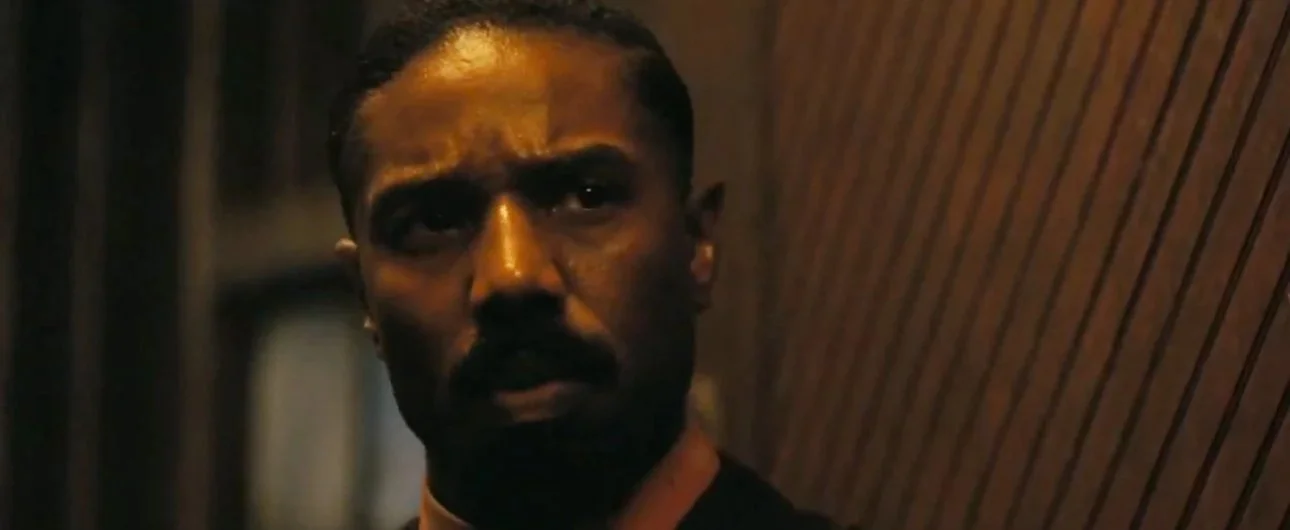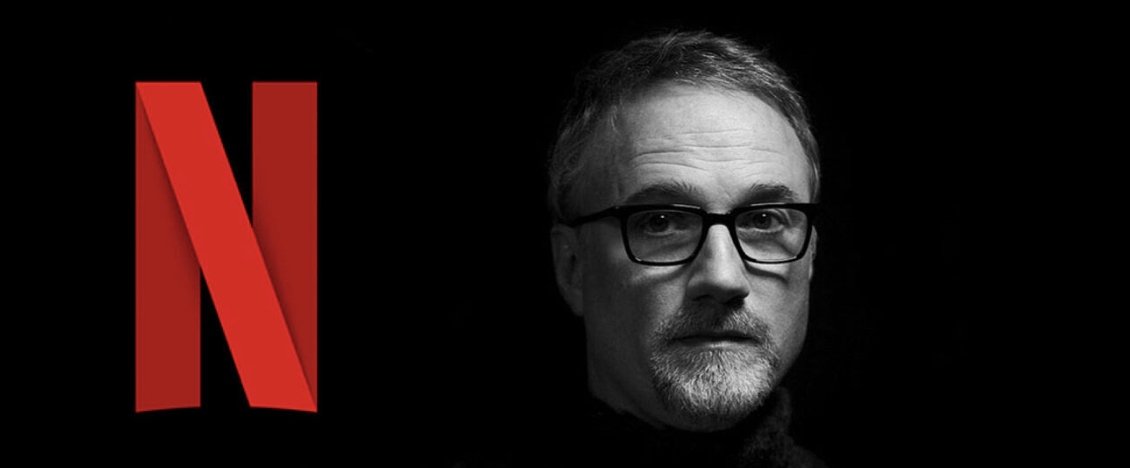So, David Fincher’s “The Killer” is now available to stream on Netflix. That was fast. The film was, in very limited fashion, theatrically released two weeks ago. That’s usually how it works with Netflix, they don’t really give their films expanded theatrical windows.
And yet, in an interview with Le Monde (via The Playlist) Fincher seems to firmly believe that Netflix is the best place in Hollywood to make movies right now. He’s vehemently defending the streaming giant.
Let’s be honest. I have worked for most of the major film studios. When you tell them, ‘I have to do these special effects in 4K,’ their first response is, ‘Oh, gee, why do it so expensive?’ They balk at the slightest expense. That’s not the case with Netflix […] They have never quibbled with this type of choice. They adopted an industry standard that made sense to filmmakers. Netflix has by far the best “quality control” in all of Hollywood.
Let us remember, Fincher has taken on numerous different projects over the years that ended up never getting made. He’s known to bail on things at the flick of a switch, mostly due to his high budget demands. Whatever happened to “Strangers on A Train”? “World War Z II”? “20,000 Leagues Under the Sea”? “Jobs”? “The Girl Who Played With Fire”?
With the studio system closing down its doors on many "auteur" filmmakers, Fincher, with his ambitious, well-known needs, saw this lack of opportunity as a way to reinvent the way he can get his films made.
Then came his exclusive multi-year deal with Netflix. Fincher has been all about Netflix for close to ten years now, delving into the streaming game full-on, creating shows such as “House of Cards,” “Mindhunter“ “Love, Death + Robots” — not to mention two films, “Mank” and “The Killer.”
In that same interview, Fincher goes on to insinuate that Netflix will be the future of cinema, whether traditional moviegoers like that or not.
You know, we will not save cinema as a culture by restricting home distribution systems. For this to happen, the cinema would have to become a cutting-edge place, and not this damp, smelly, and greasy place that it still is with too few exceptions, skimping on all necessary expenses. I loved certain theaters, like Grauman’s Chinese Theater or the Cinerama Dome in Los Angeles, but the technical conditions there were deplorable. We must move past all this nostalgia to finally ask ourselves the right question: who offers optimal representation today?
Fincher is basically dismissing the theatrical experience as a bygone pastime …
Is Fincher still making cinema? I think so, kind of, but don’t tell that to Cannes director Thierry Fremaux. In a recently unearthed video from 2020, Fremaux was of the belief that Fincher and cinema no longer co-exist:
Fincher has left cinema. Fincher now works for streamers where he’s directing incredible stuff. I tried to explain this to him, modestly, obviously, that he doesn’t exist anymore. At least for us. For reasons left up to his own liking, he wants his creative freedom, he doesn’t want to fight with studio heads, his films tend to be very expensive, but I’d love for him to come back to cinema. He’s one of the greats.
Fincher is a world-class filmmaker. The question remains whether “Mank” and “The Killer” will get lost in Netflix’s never-ending algorithms. I don’t believe they will. Fincher’s an auteur and, when you’ve attained the status that he has, plenty of movie lovers will continue to seek out your films, wherever they might be located.
“The Killer” hits Netflix today.





